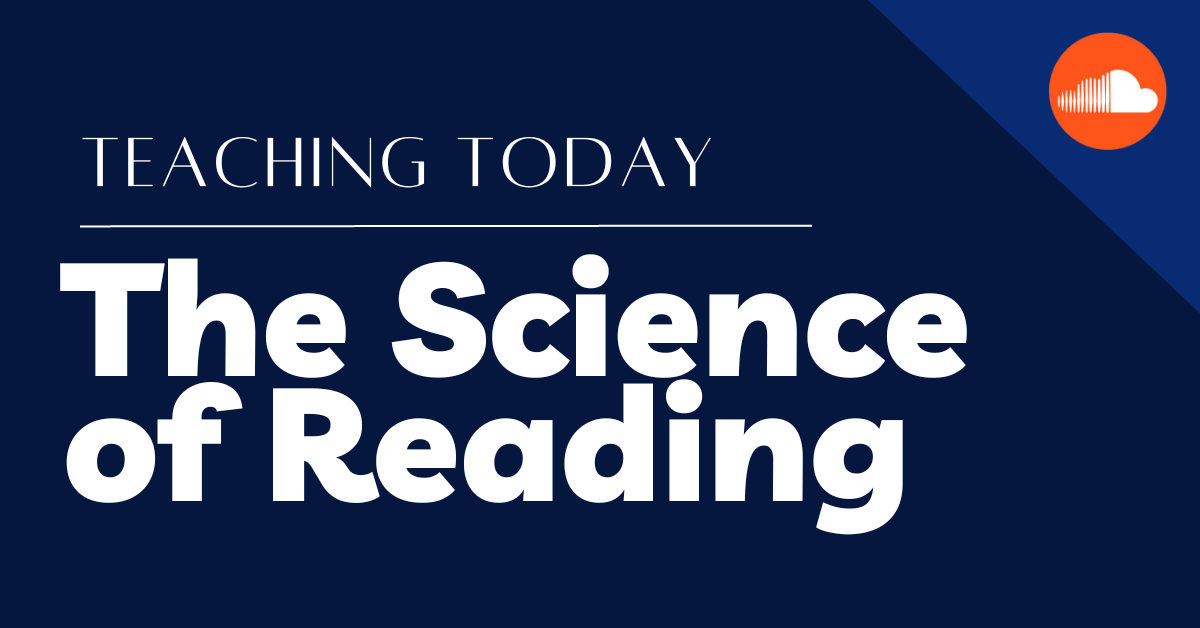|
Why simply adopting new programs will not guarantee improved reading scores.
Recently, the chancellor of New York City public schools, David Banks, announced a significant change in reading instruction by introducing three researched-based programs with a focus on phonics. While this shift aims to address the flawed approach to teaching reading, it also raises questions about the shortcomings of the current system and the potential consequences of relying solely on phonics instruction.
In this article, I raise concerns about the new programs, the importance of a balanced approach, and propose investing in professional development to improve existing efforts.
Flawed approach to teaching reading
David Banks criticized the City's approach to teaching reading as fundamentally flawed and failing to align with the science of how students learn to read. However, the exact shortcomings are not explicitly defined. Was it the lack of phonics instruction or insufficient emphasis on it? Furthermore, the effectiveness of the current approach seems to be evaluated based on standardized exam scores, which doesn’t provide a comprehensive picture of student learning.
New programs and concerns
The new programs being offered to schools, such as Wit and Wisdom, Expeditionary Learning, and Into Reading, each have their strengths and weaknesses. Wit and Wisdom emphasizes knowledge building but lacks explicit phonics instruction, requiring schools to adopt an additional phonics program like Fundations. Expeditionary Learning includes explicit phonics instruction, but Into Reading has faced criticism for its lack of cultural responsiveness. It is crucial to recognize that there is no magic bullet. No single program can meet the diverse needs of all students, and simply adopting new programs does not guarantee improved reading scores.
Maintaining foundational reading practices
I am not against explicit phonics instruction; however, I want to advocate for the preservation of foundational reading practices, such as read-alouds, independent reading, and shared reading — all of which promote fluency, comprehension, and vocabulary development. While phonics instruction is necessary, it should not overshadow these essential practices that nurture a love for reading and promote student autonomy when it comes to book selection. It is concerning to me that the science of reading is being equated solely with decoding and phonics, which I believe will lead to an overemphasis on this aspect of instruction. Given the limited time available for reading instruction during the school day, other important reading activities may be deprioritized or excluded altogether. This narrow focus could have negative implications for teachers, students, and their overall reading experiences. To teach reading comprehensively, it is essential to consider the interplay between different reading skills. Chancellor Banks highlighted five essential skills reflective of a competent reader:
But these skills are not sequential. They are interconnected and should be taught in a way that recognizes their interdependencies.
Investing in professional development
Rather than perpetuating the narrative of a reading crisis and introducing new programs in haste, I would urge us to invest in professional development for teachers and leaders. This approach would enable them to delve into the science of reading, understand its implications, and identify the most effective ways to teach reading skills. By focusing on all aspects of reading development — phonological awareness, phonics, vocabulary, fluency, and comprehension — current efforts can be improved, specific curricula can be adapted, and supplementary strategies can be identified. |
|
The Center for Professional Education of Teachers (CPET) at Teachers College, Columbia University is committed to making excellent and equitable education accessible worldwide. CPET unites theory and practice to promote transformational change. We design innovative projects, cultivate sustainable partnerships, and conduct research through direct and online services to youth and educators. Grounded in adult learning theories, our six core principles structure our customized approach and expand the capacities of educators around the world.
|
ABOUT US
525 West 120th Street, Box 182 New York, NY 10027 416 Zankel Ph: (212) 678-3161 [email protected] Our Team Career Opportunities |
RESOURCES
Professional Articles Ready-to-Use Resources Teaching Today Podcast Upcoming PD Opportunities |
COACHING SERVICES
Custom Coaching Global Learning Alliance Literacy Unbound New Teacher Network Student Press Initiative |


























